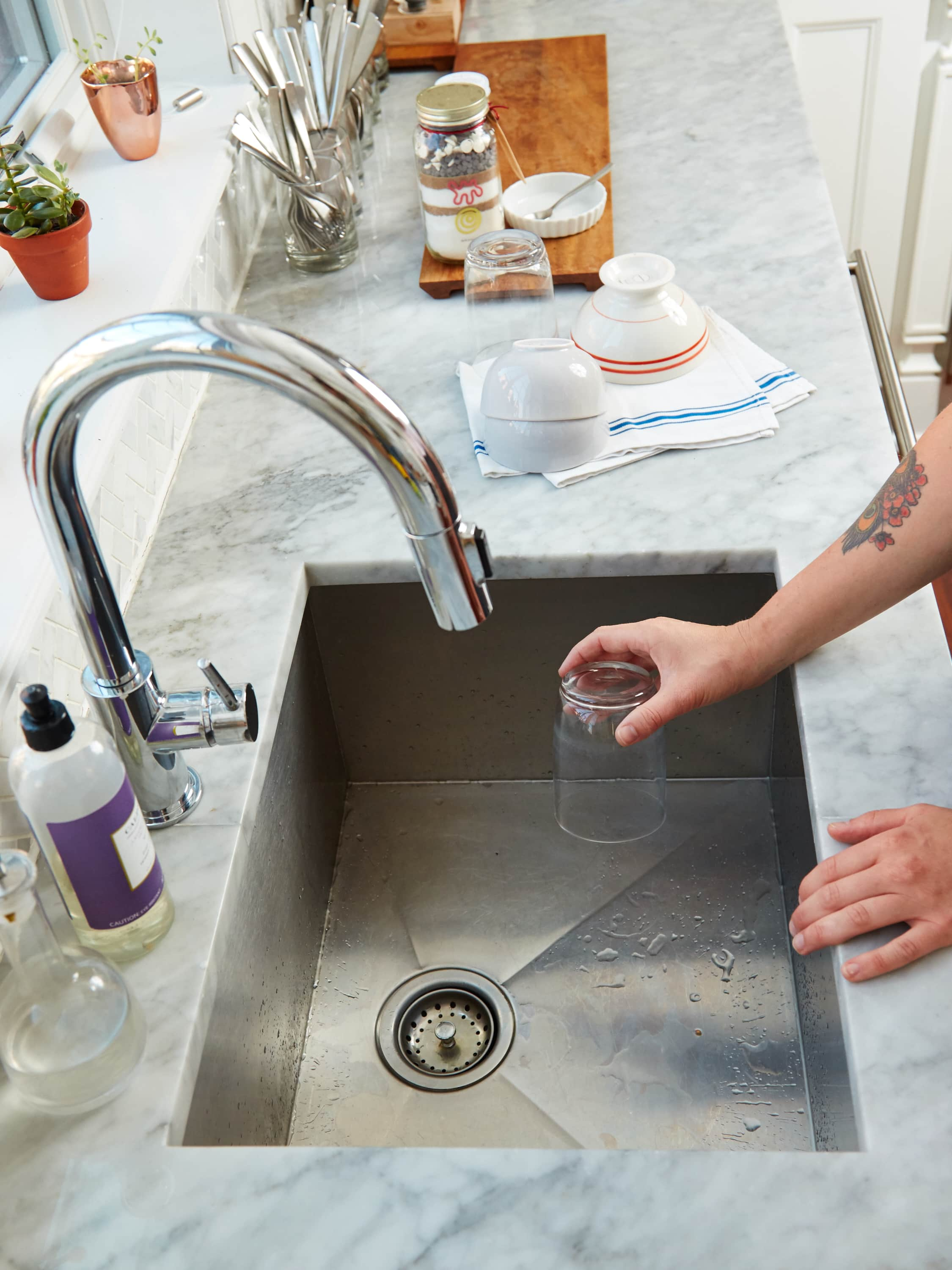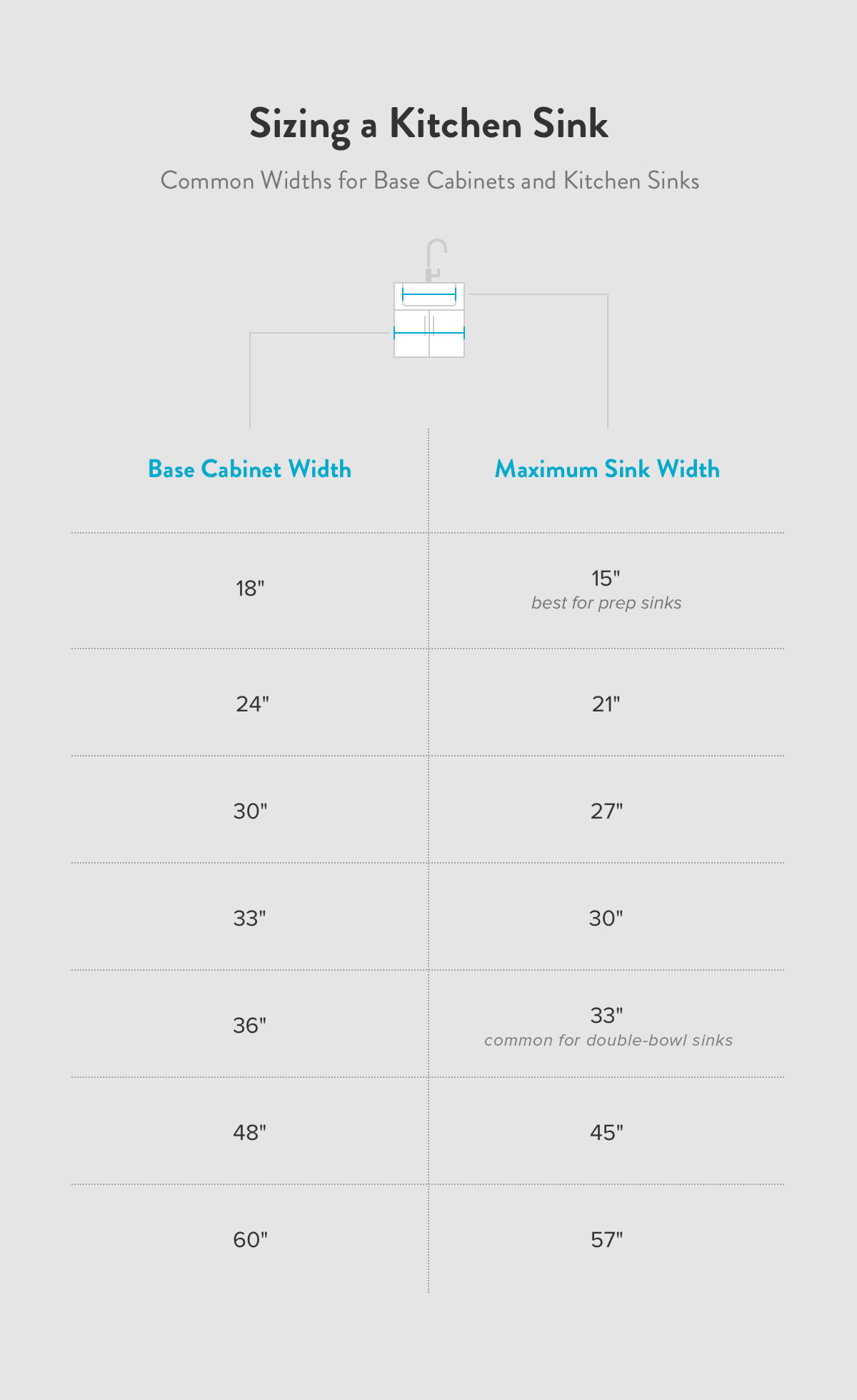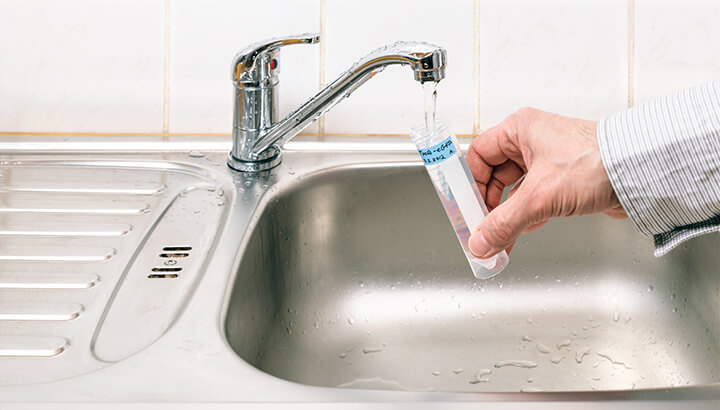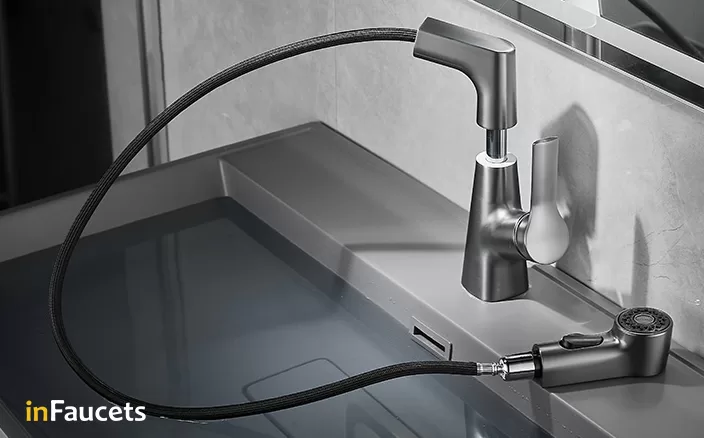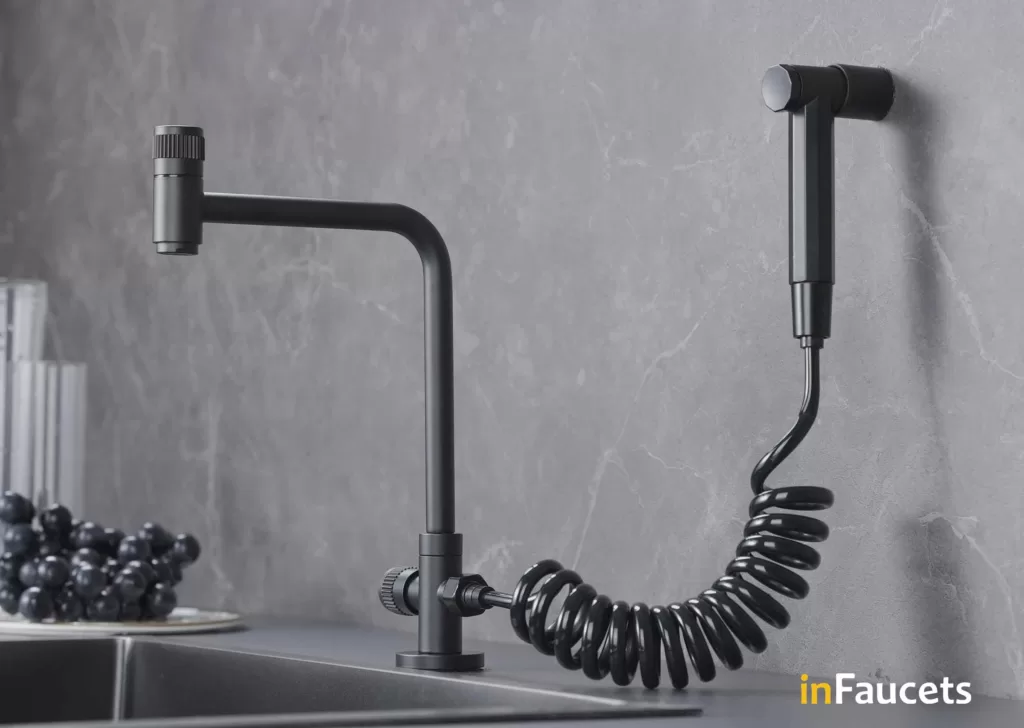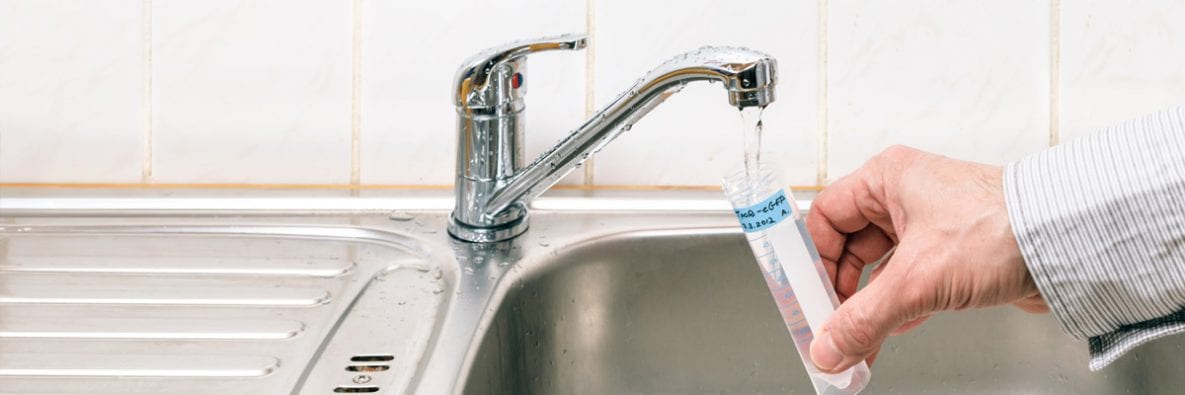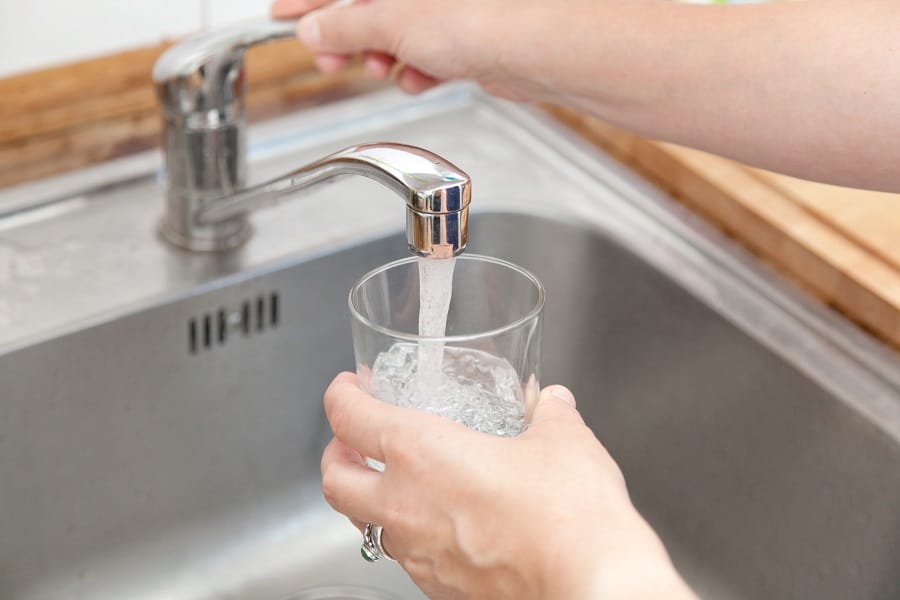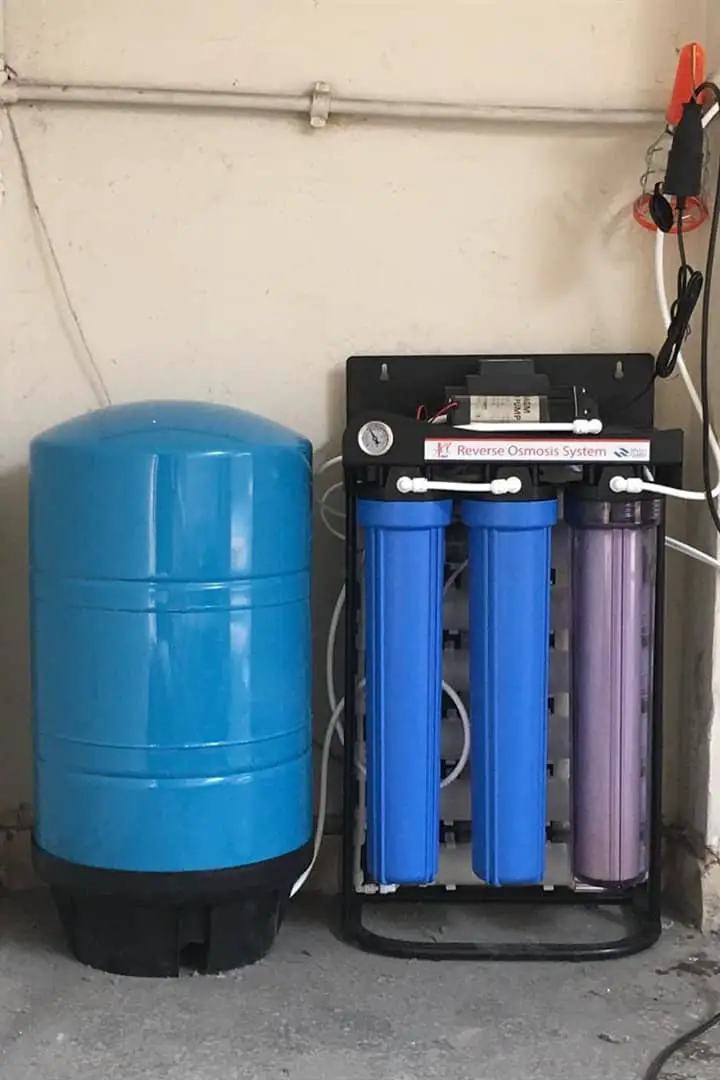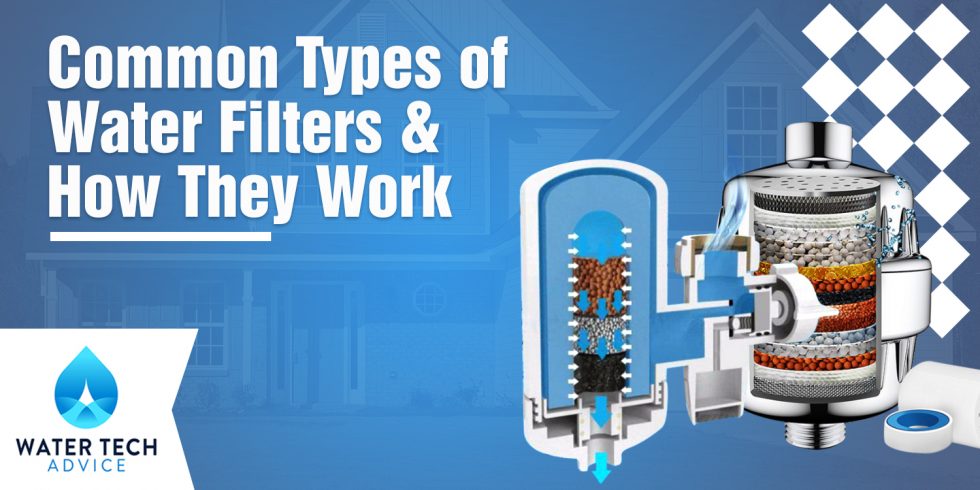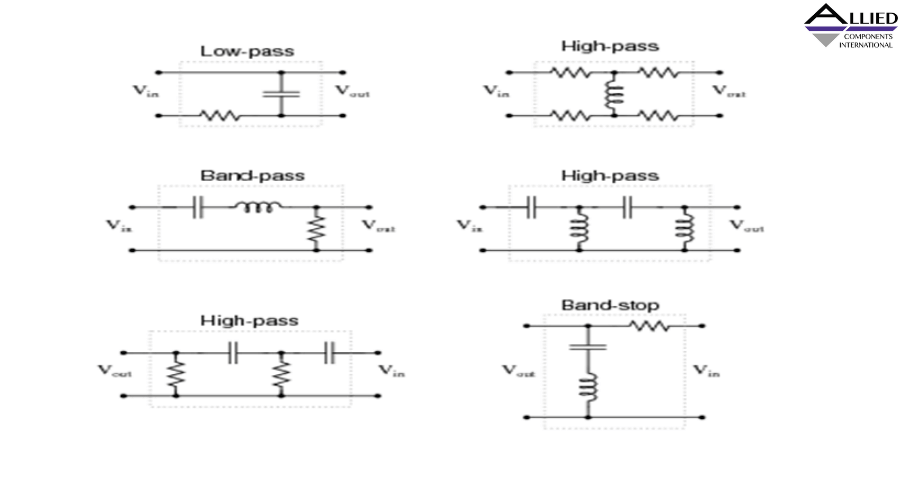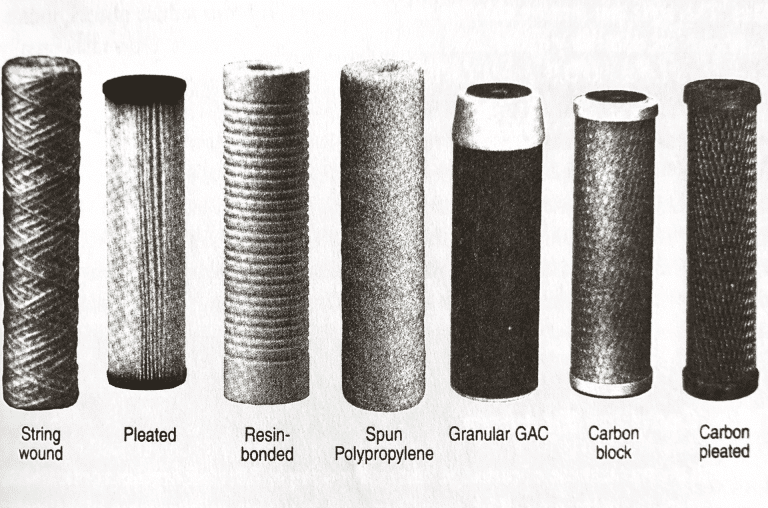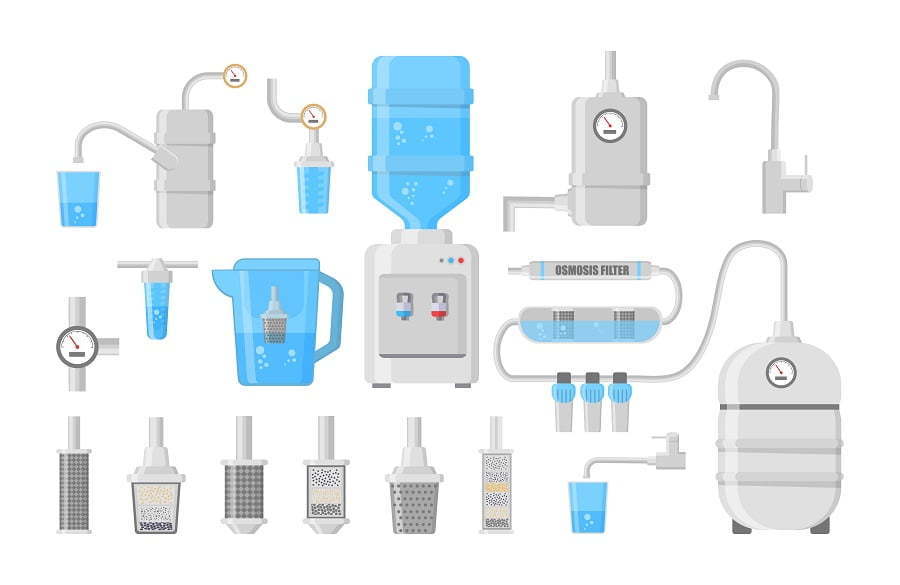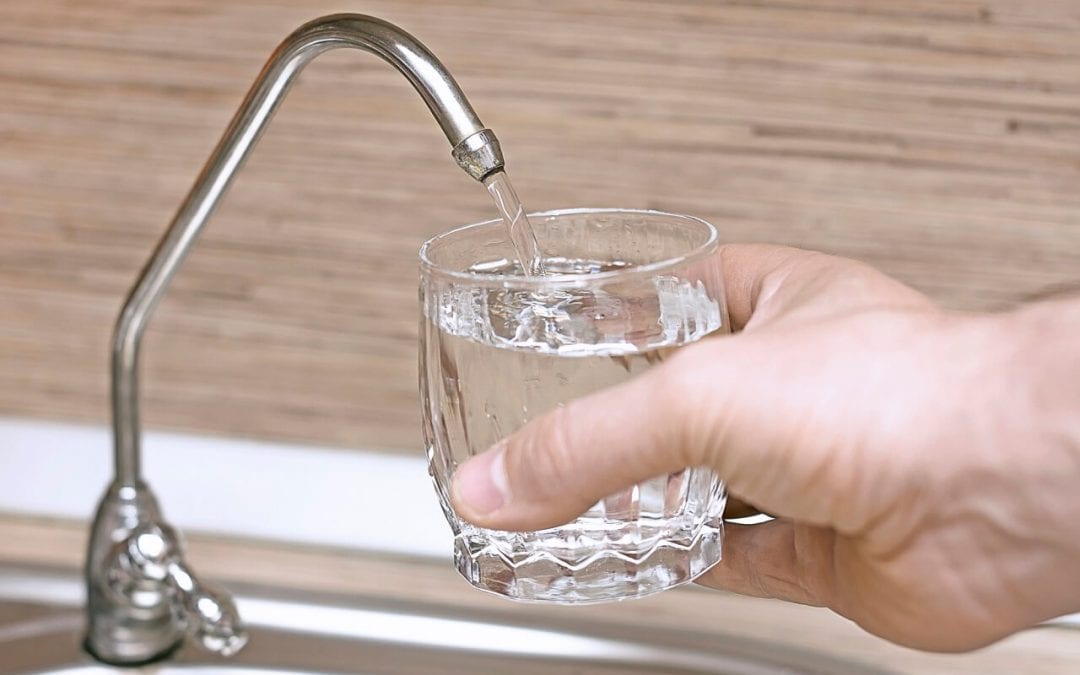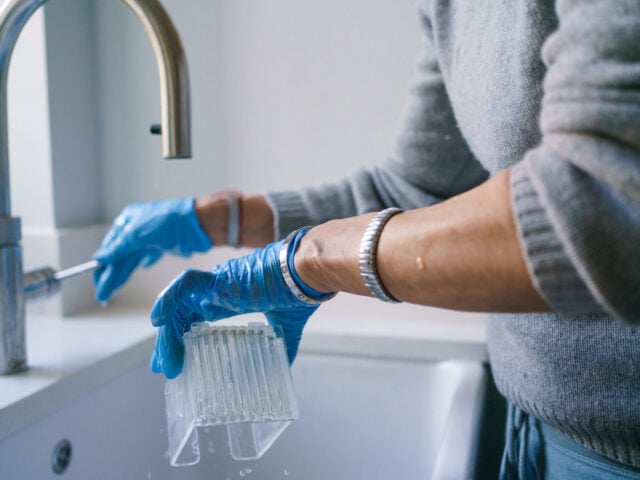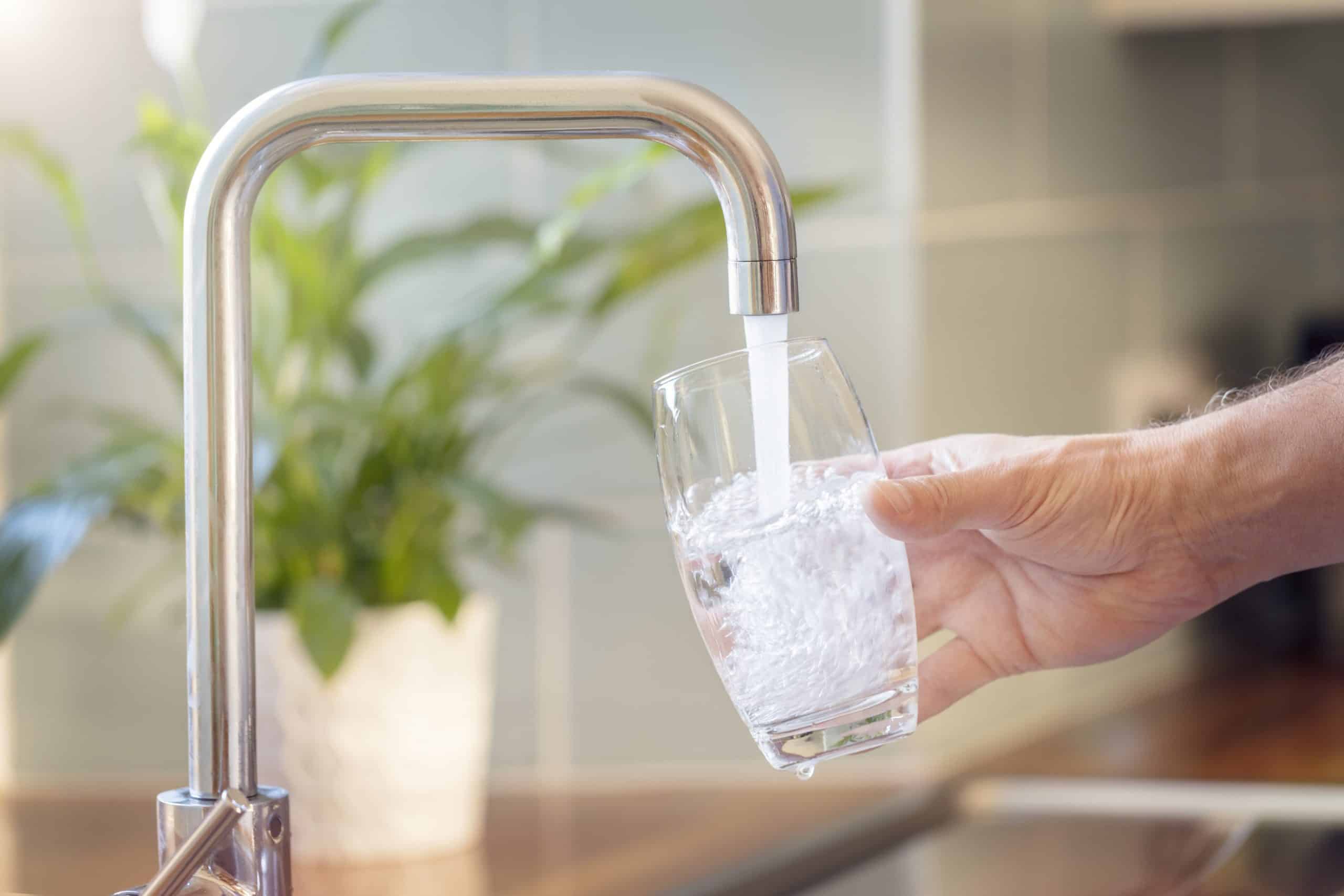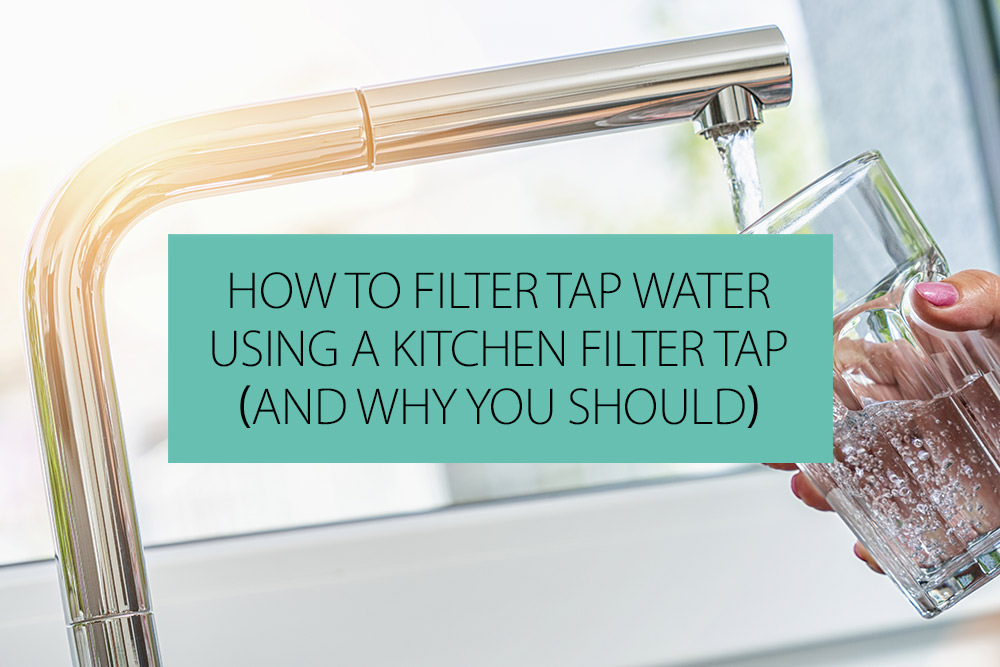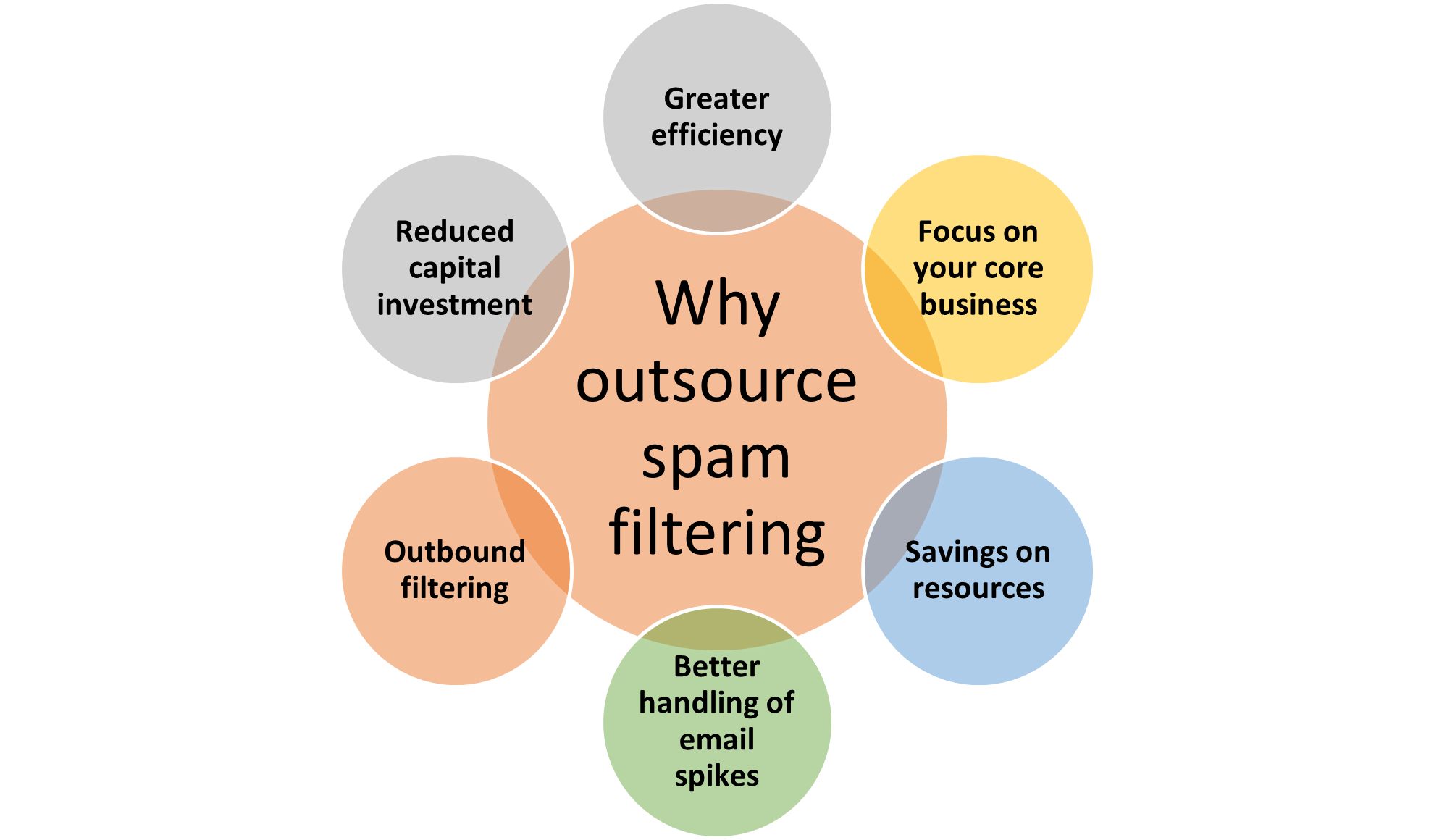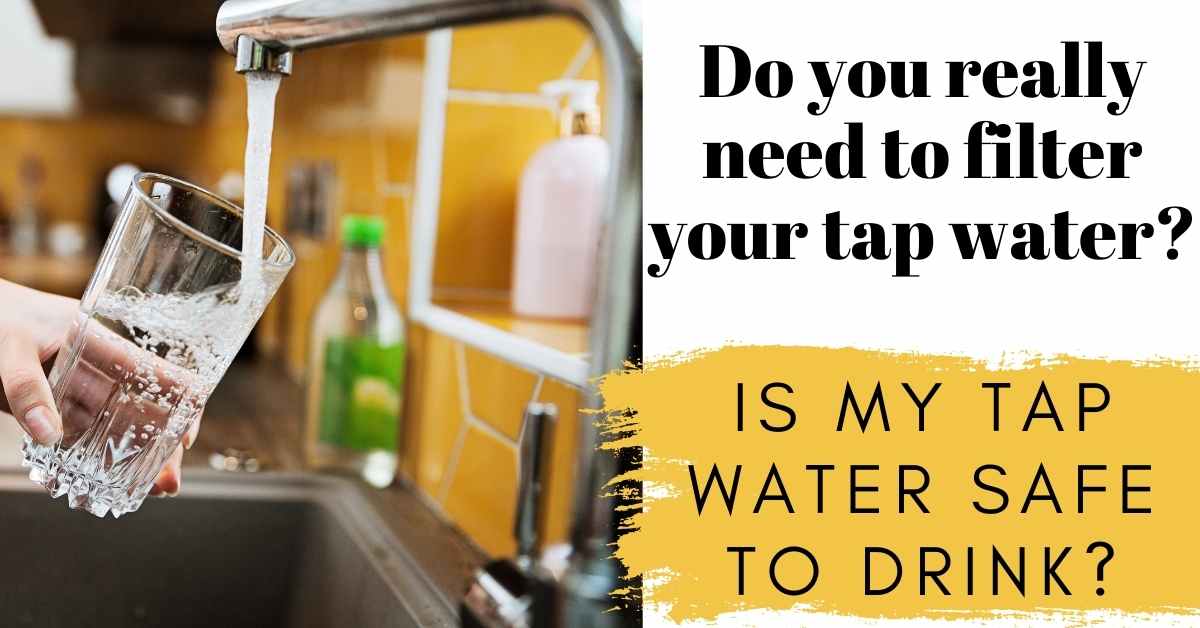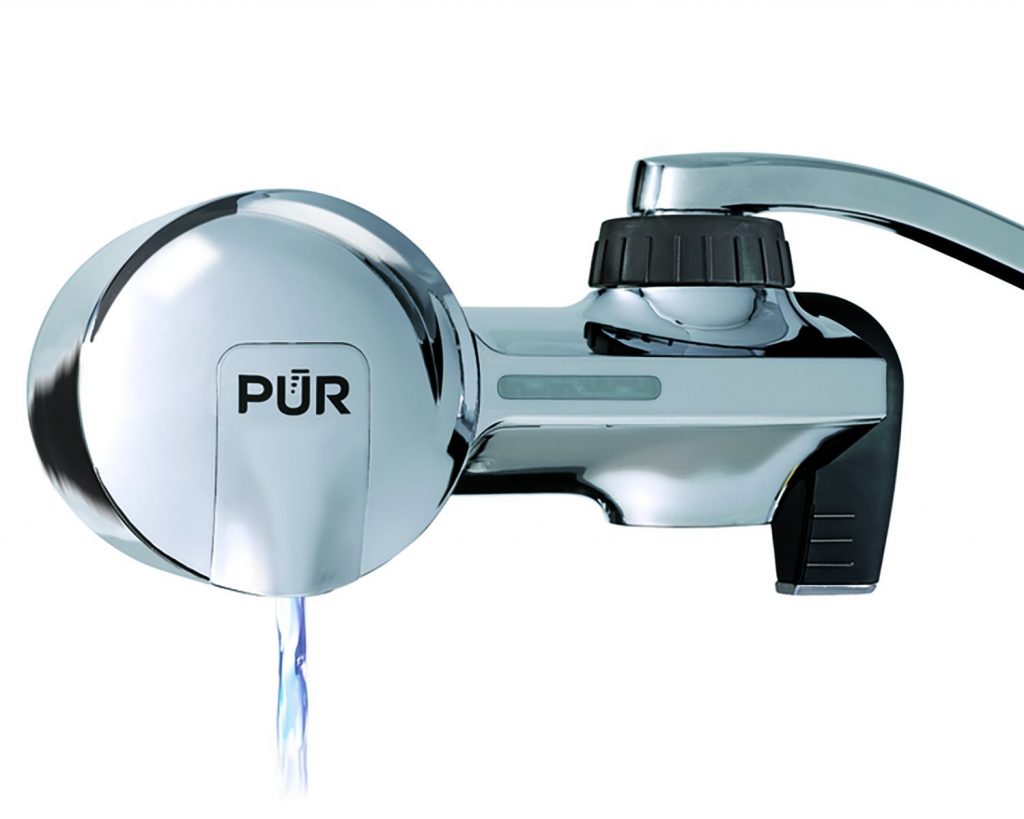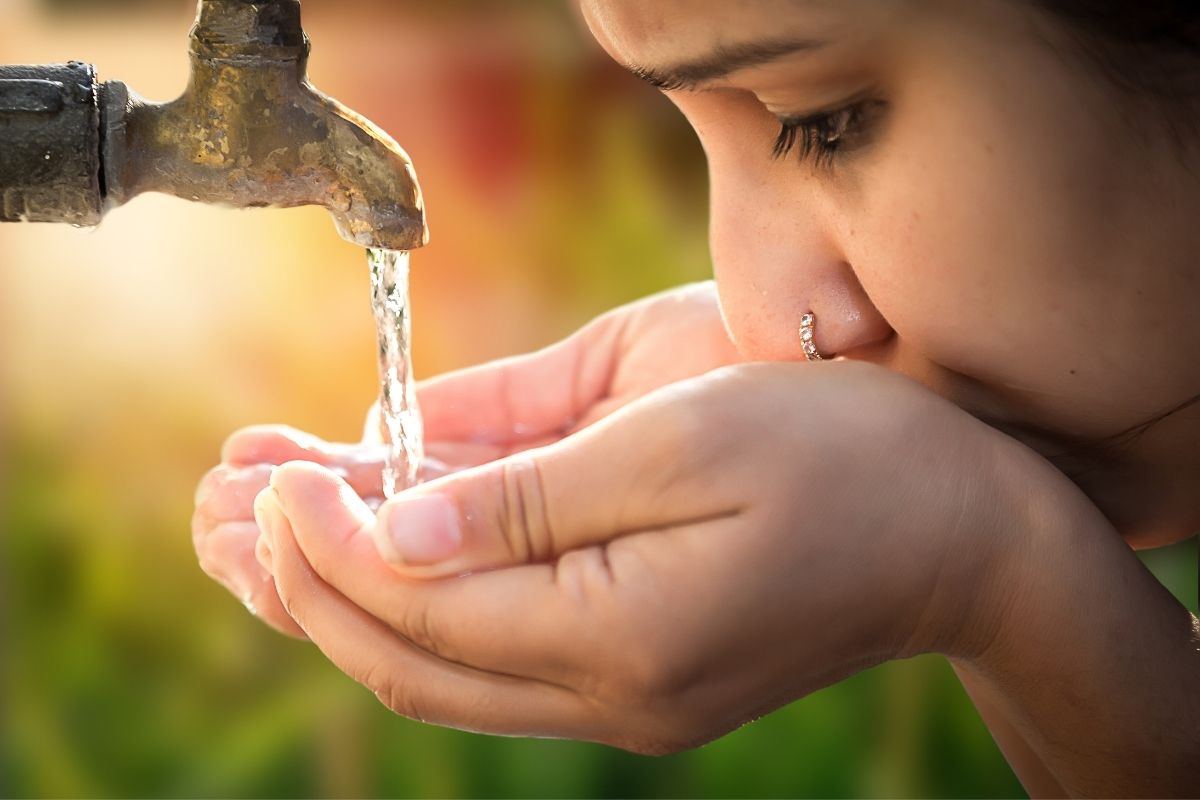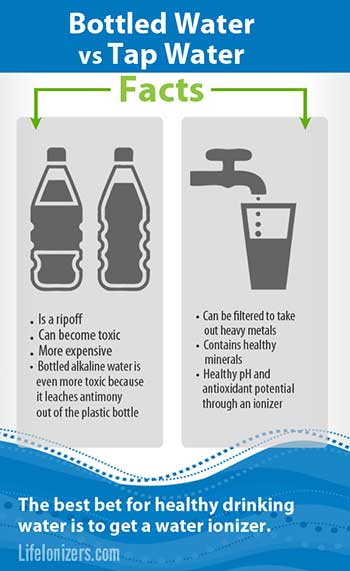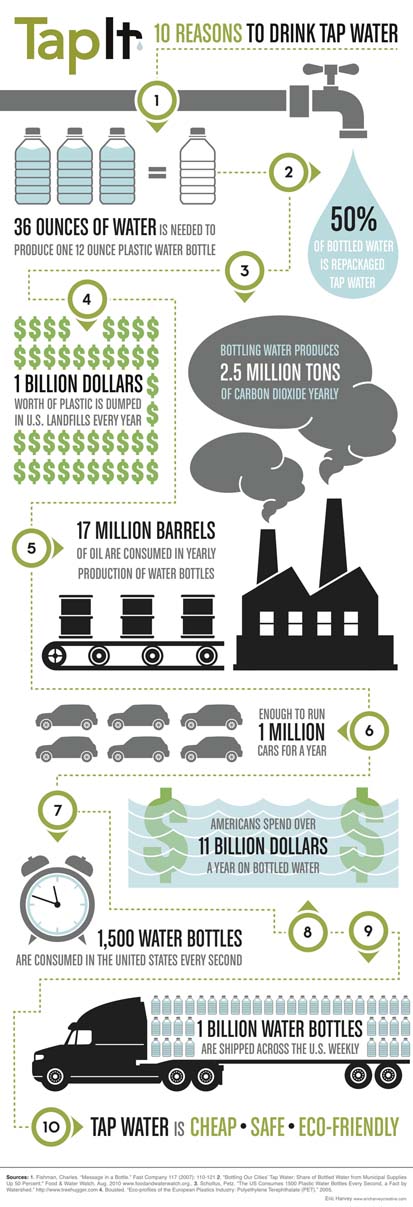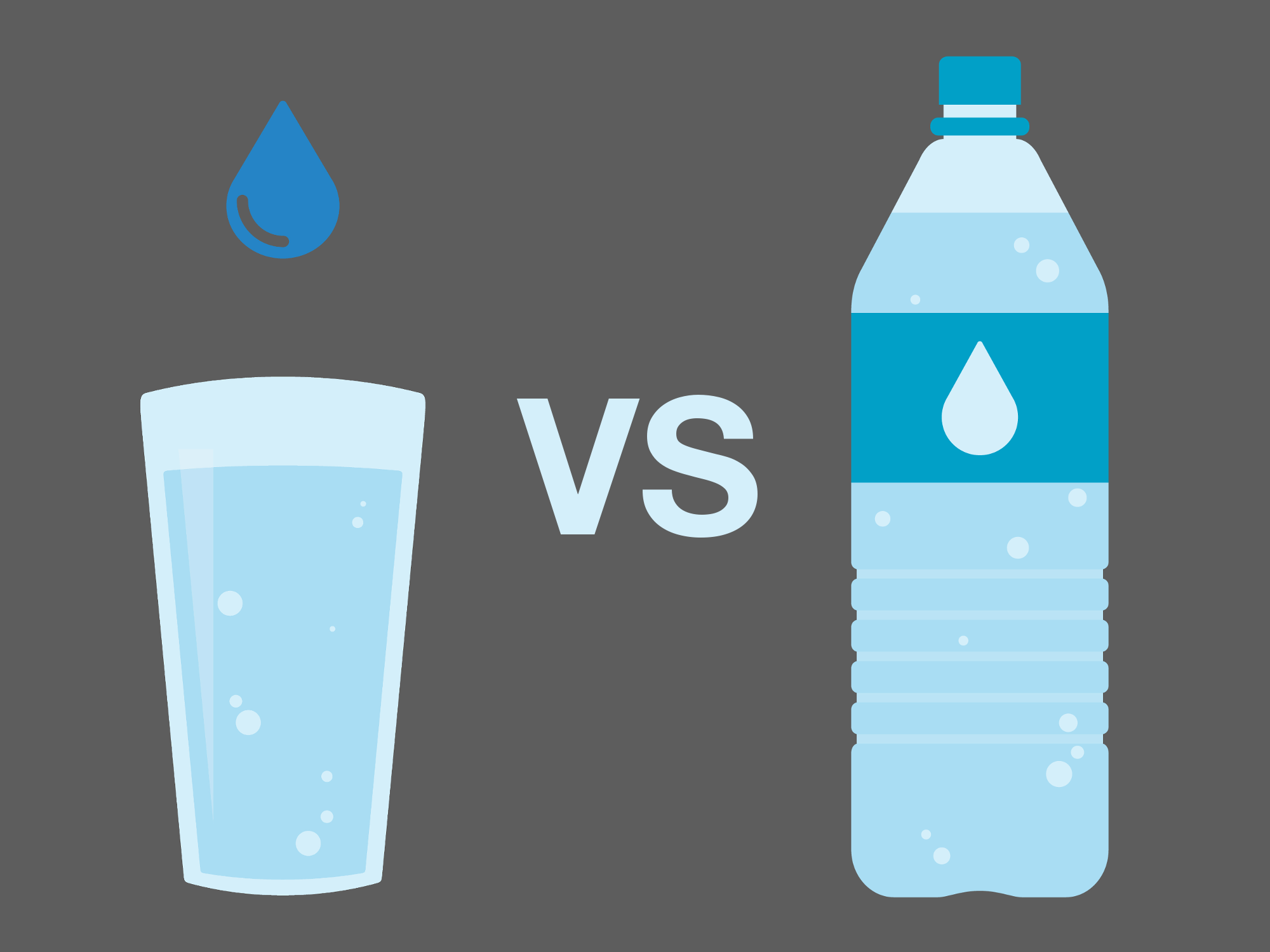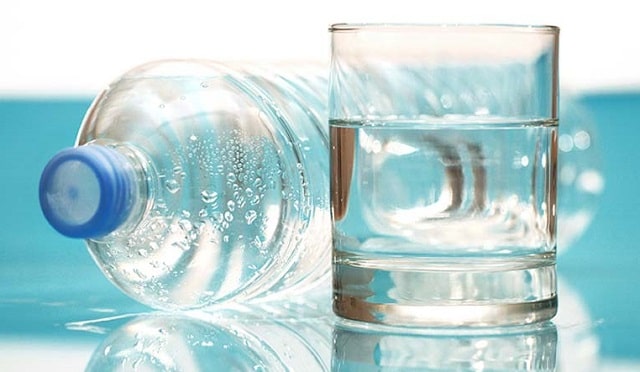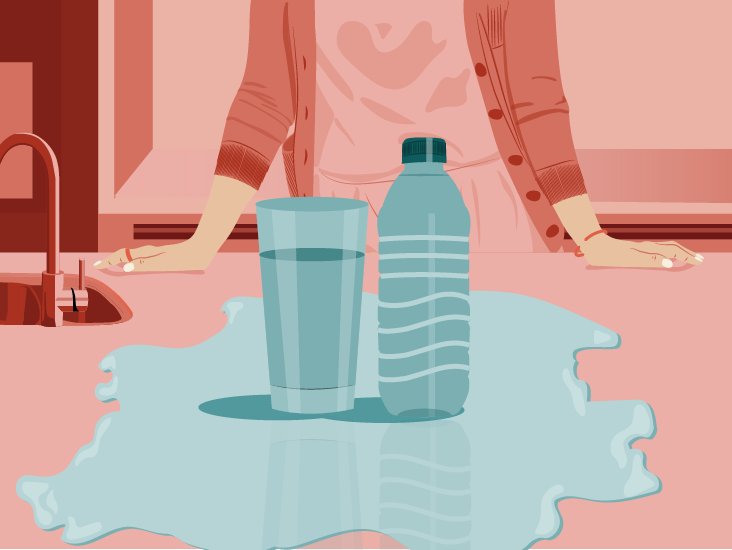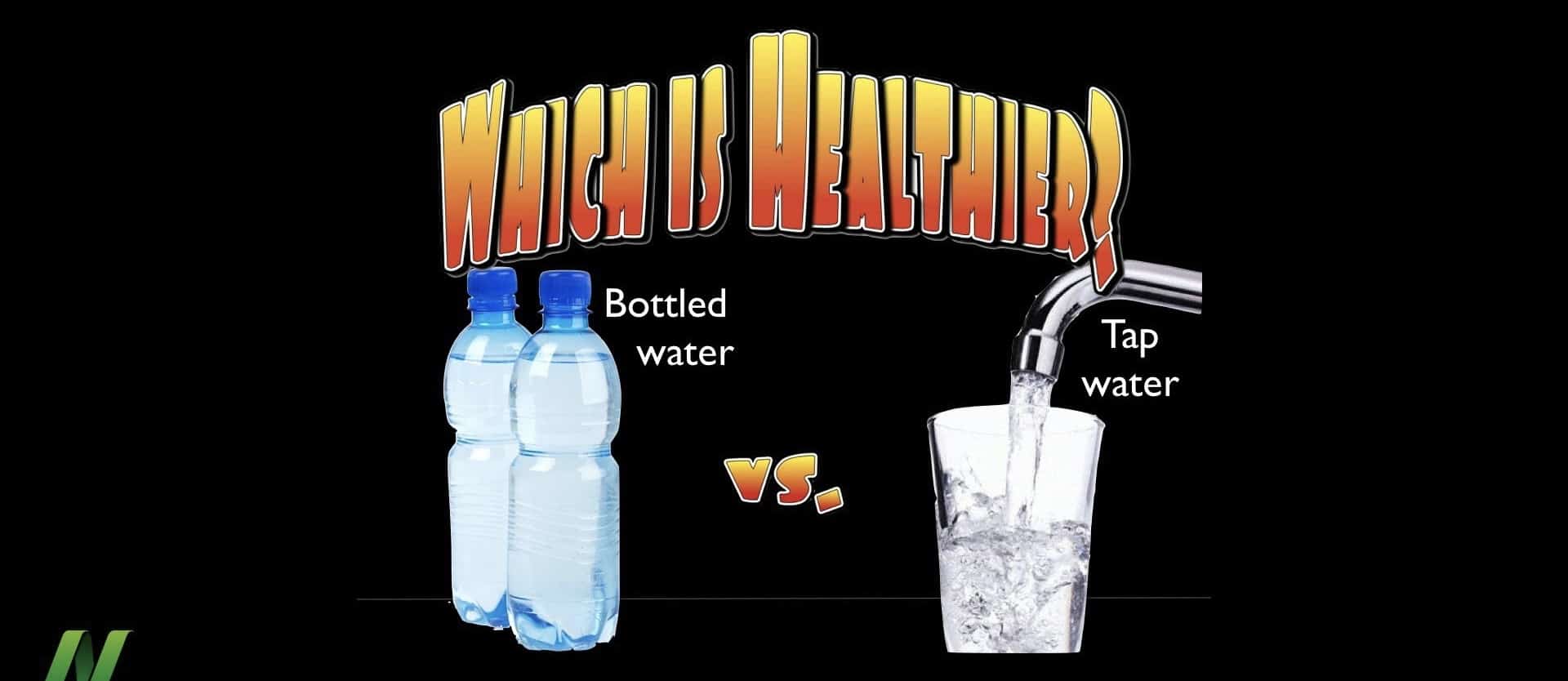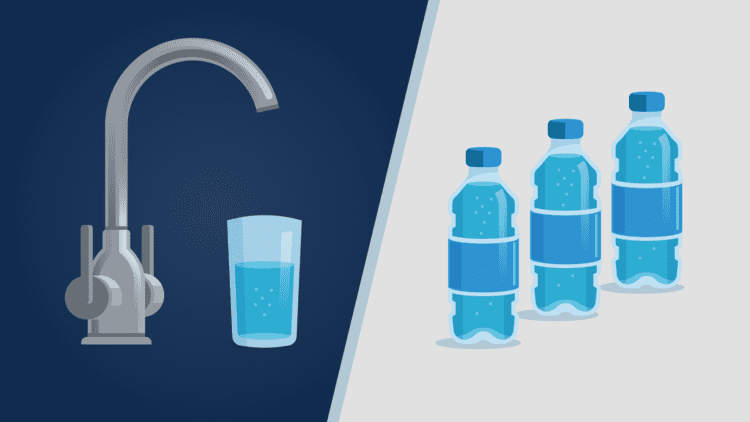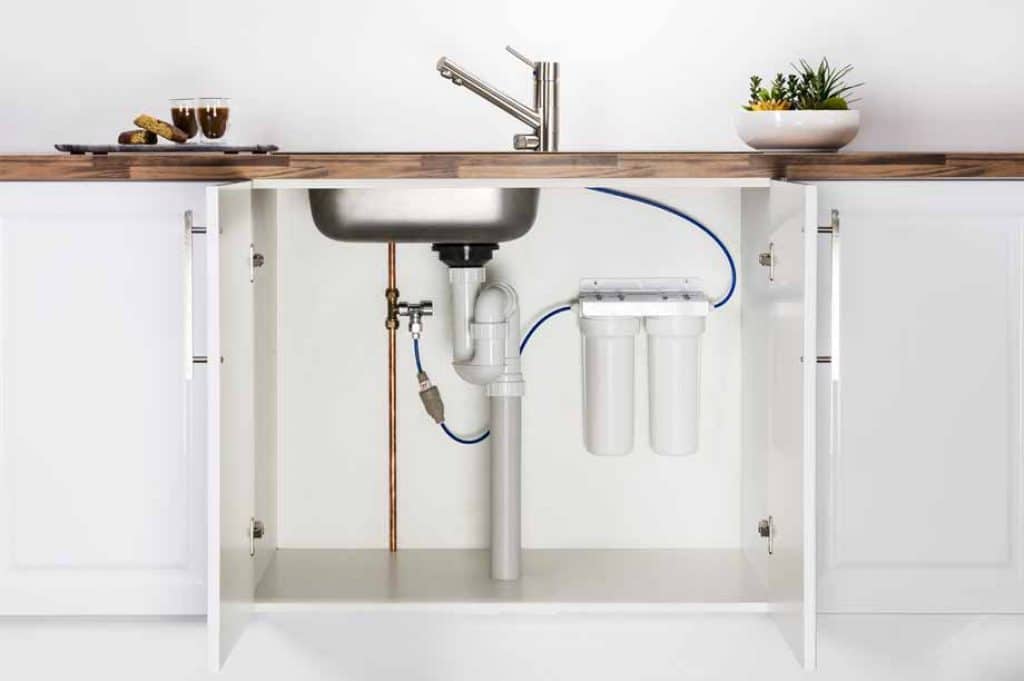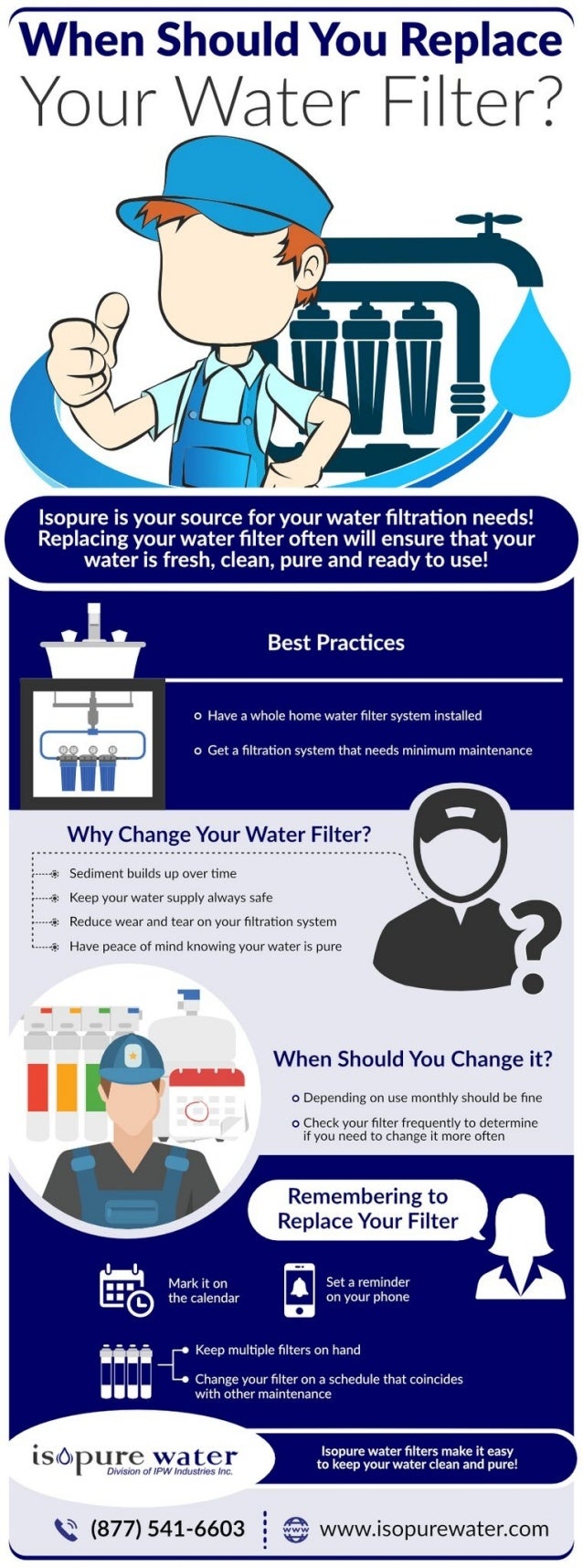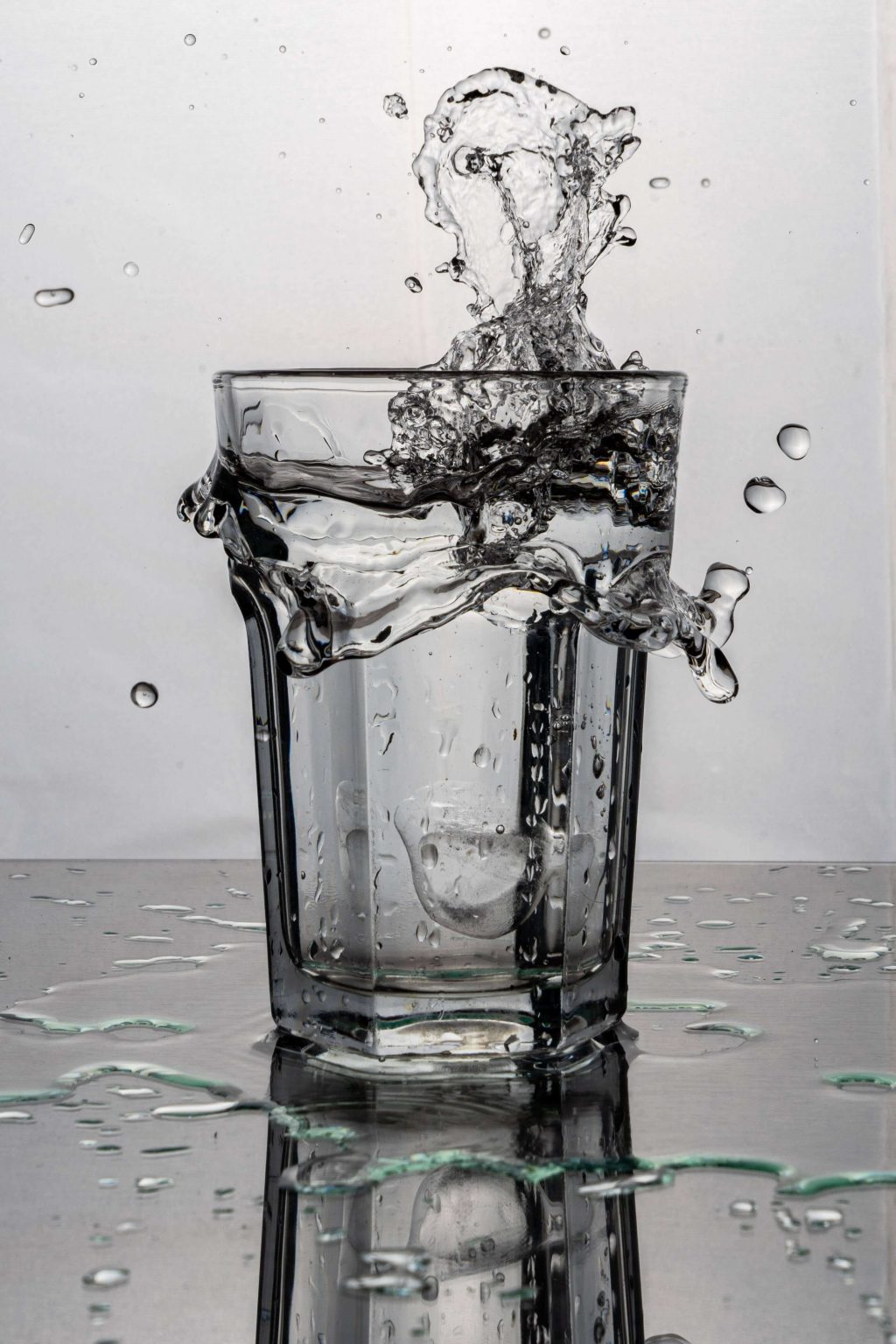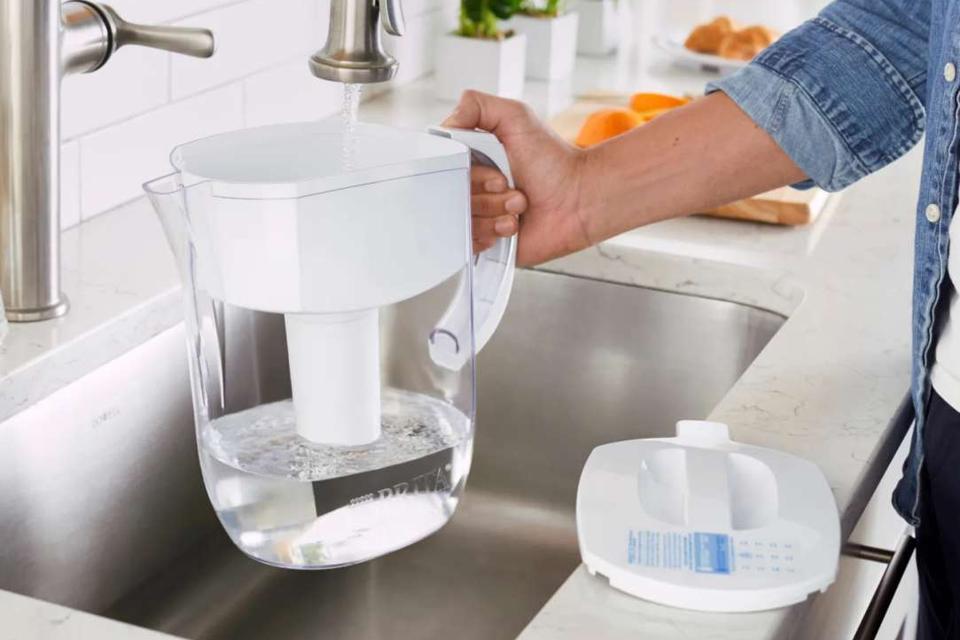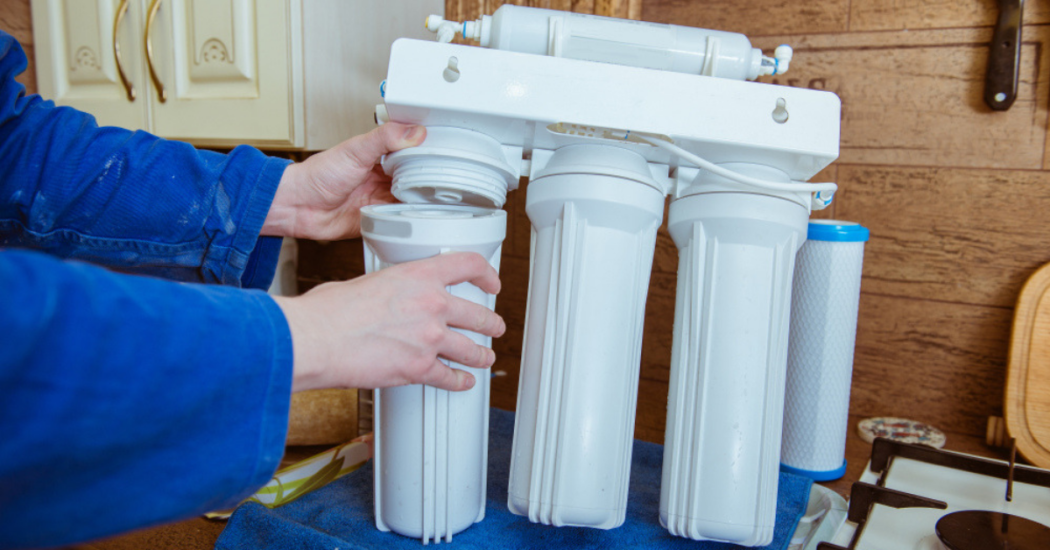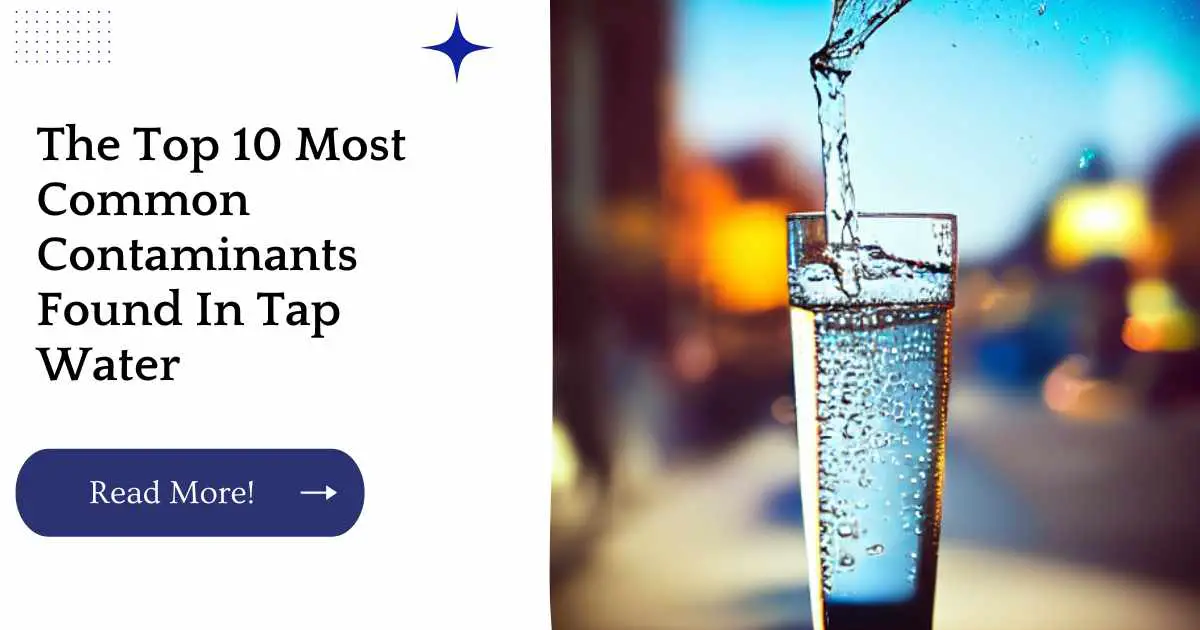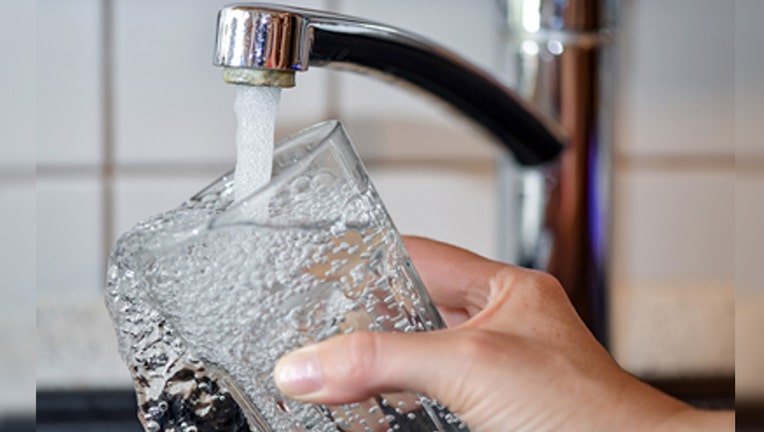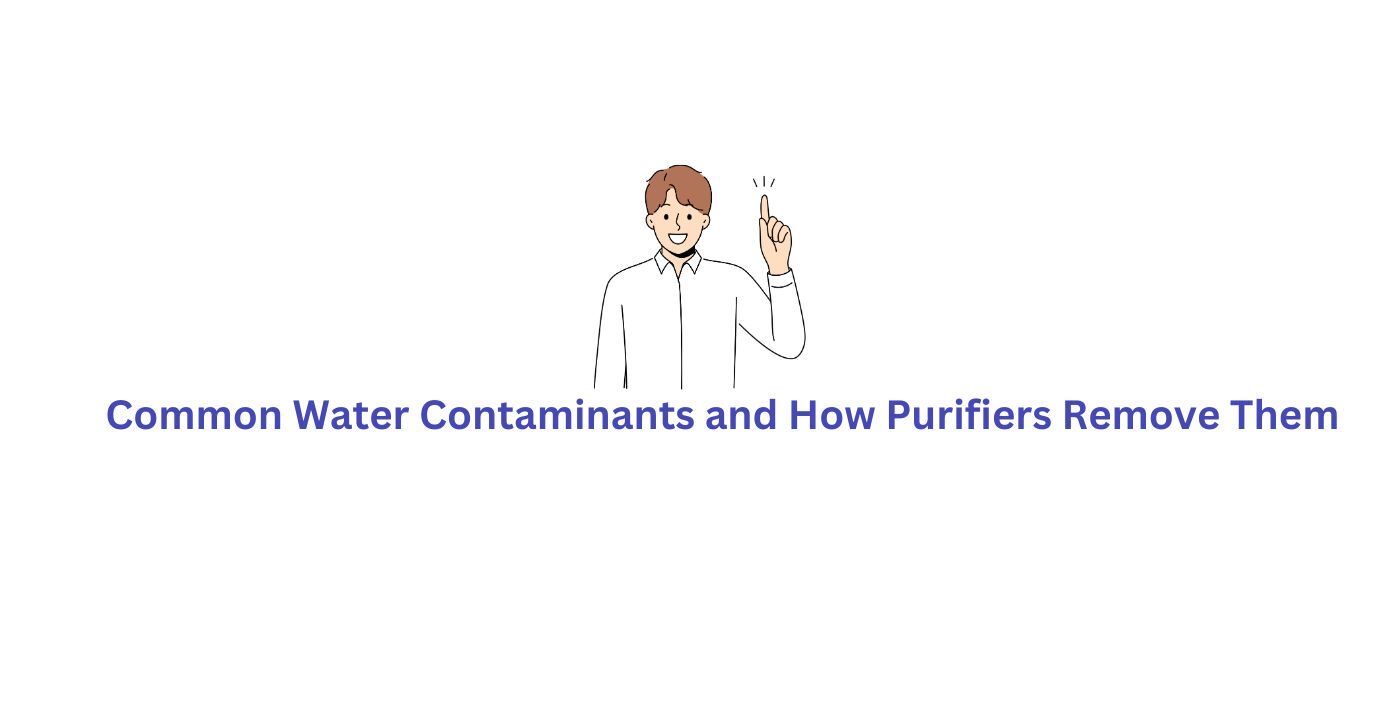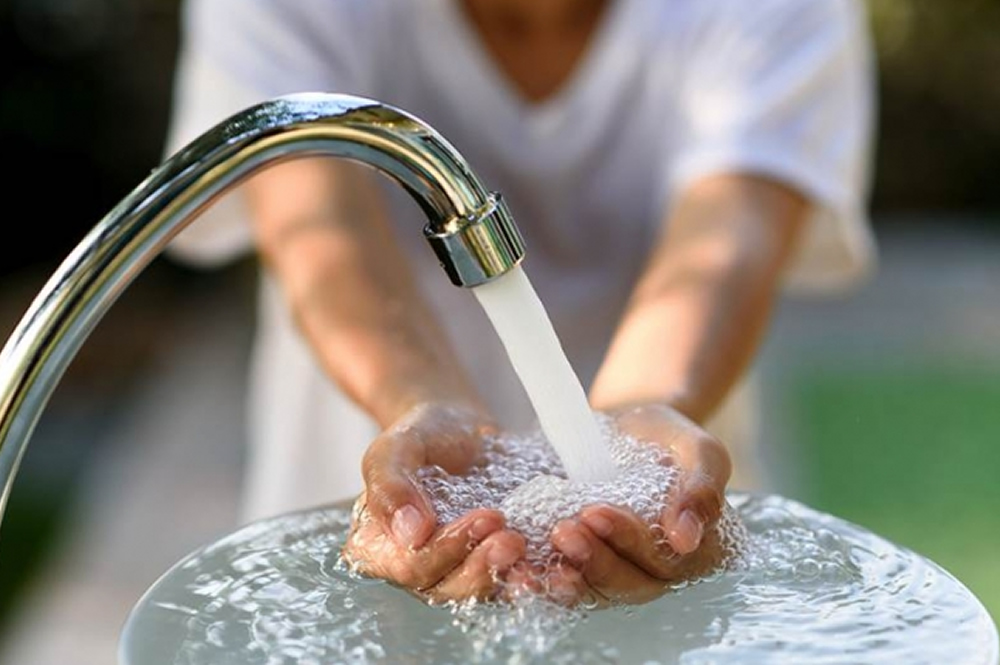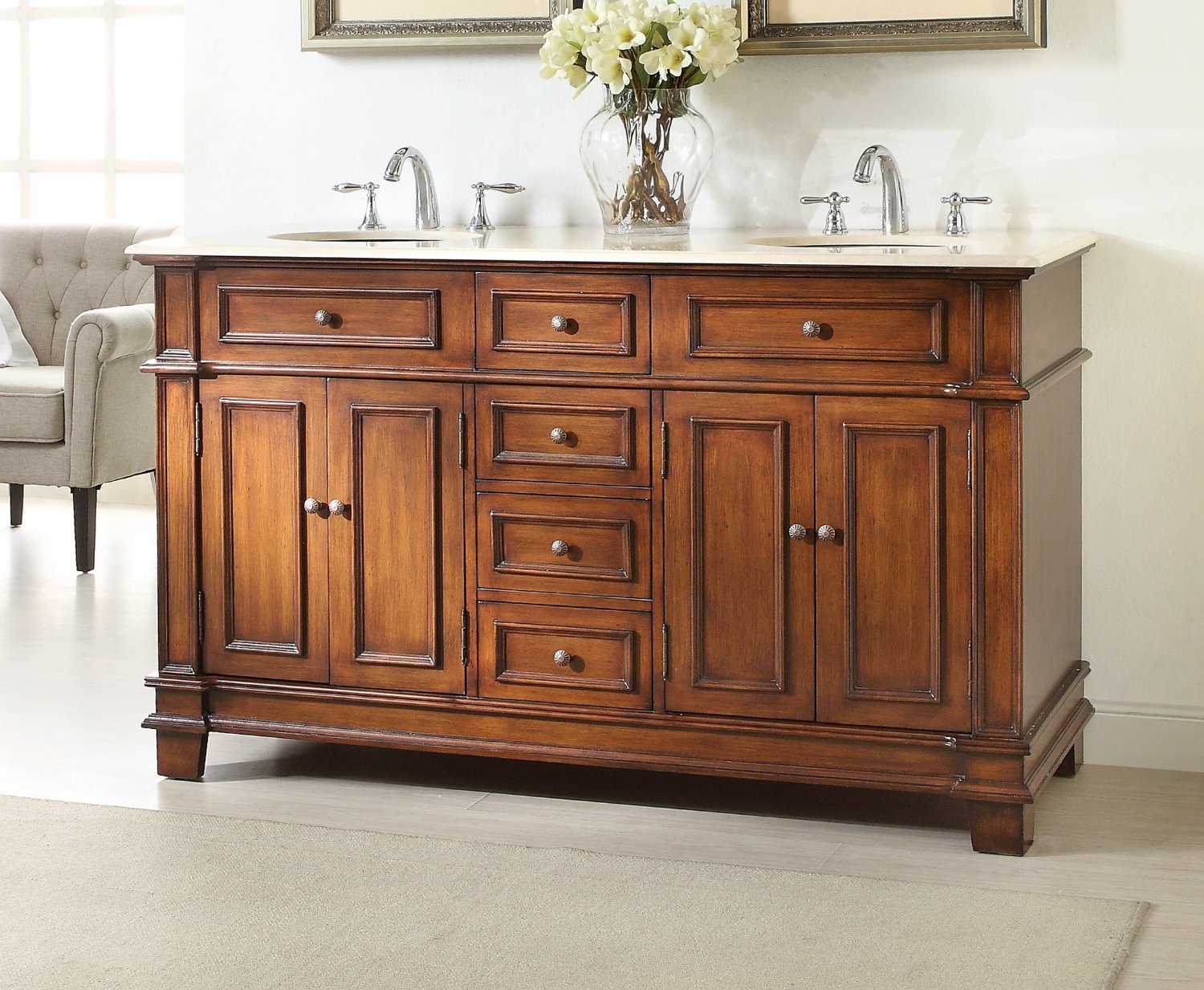The water quality in your kitchen sink is an important aspect of your household's health and well-being. It is where you cook, clean, and drink water, so it is essential to understand what is in your tap water. Contaminants and impurities can affect the taste and safety of your water, making it essential to know how to test and improve the quality of your tap water. Here's everything you need to know about the water quality in your kitchen sink.Water Quality in Your Kitchen Sink: What You Need to Know
Testing your tap water is the first step in understanding its quality. You can either purchase a testing kit or have your water tested by a professional. These tests will determine the presence of common contaminants such as lead, chlorine, and bacteria. Once you have the results, you can take the necessary steps to improve the quality of your tap water.How to Test the Quality of Your Tap Water
If your tap water test reveals high levels of contaminants, there are several ways to improve the quality of your kitchen sink water. One of the most effective methods is to install a water filtration system. This can remove impurities and improve the taste and odor of your water. You can also consider adding a water softener to remove minerals that can cause buildup and affect the quality of your water.Improving the Quality of Your Kitchen Sink Water
There are various types of water filters available on the market, each with its own unique features and benefits. The most common types include activated carbon filters, reverse osmosis filters, and UV filters. Activated carbon filters are effective in removing chlorine, pesticides, and other organic contaminants. Reverse osmosis filters use a semi-permeable membrane to remove impurities, while UV filters use ultraviolet light to kill bacteria and viruses.Understanding the Different Types of Water Filters
Filtering your tap water has numerous benefits, including improving the taste and odor of your water, reducing the risk of waterborne illnesses, and saving money on bottled water. It also helps protect the environment by reducing plastic waste from single-use water bottles. By filtering your tap water, you can have clean and safe water right from your kitchen sink.Why You Should Filter Your Tap Water
Many people choose bottled water over tap water, thinking it is a healthier option. However, studies have shown that tap water is just as safe, if not safer, than bottled water. In fact, some bottled water is just filtered tap water with a higher price tag. By filtering your tap water, you can have the same quality as bottled water without the added cost and waste.Comparing Bottled Water vs. Tap Water Quality
When it comes to choosing a water filter for your kitchen sink, there are a few factors to consider. These include the type of contaminants present in your water, the size of your household, and your budget. You should also look for filters with NSF certification, which ensures they meet industry standards for removing contaminants. It is also essential to regularly change your filter to maintain its effectiveness.How to Choose the Best Water Filter for Your Kitchen Sink
While filters are designed to remove impurities from your tap water, they can become less effective over time if not changed regularly. As the filter collects contaminants, it can become clogged and unable to remove impurities effectively. This can lead to a decrease in water quality and potentially harmful bacteria buildup. Make sure to follow the manufacturer's recommendations for changing your filter to ensure clean and safe water in your kitchen sink.The Importance of Regularly Changing Your Water Filter
Tap water can contain various contaminants, including lead, chlorine, bacteria, and pesticides. These can affect the taste, smell, and safety of your water. Fortunately, water filters can effectively remove these impurities and improve the quality of your tap water. Activated carbon filters are effective in removing chlorine, while reverse osmosis filters can remove lead and other heavy metals. UV filters can also kill bacteria and viruses, ensuring your water is safe to drink.Common Contaminants Found in Tap Water and How to Remove Them
In addition to using a water filter, there are several simple steps you can take to maintain clean and safe water in your kitchen sink. These include regularly cleaning your faucet and sink, avoiding pouring chemicals down the drain, and fixing any leaks or plumbing issues. It is also essential to monitor the quality of your water and perform tests every few months to ensure your filtration system is working effectively.Tips for Maintaining Clean and Safe Water in Your Kitchen Sink
The Importance of Safe and Clean Water in Your Home

Why is water quality important?
 Bottled water
has become a popular alternative to tap water in recent years due to concerns about
water quality
and the potential health risks associated with drinking contaminated water. However, many people are unaware that
tap water
can actually be just as safe, or even safer, than bottled water. In fact,
the Environmental Protection Agency (EPA)
regulates tap water and sets strict standards for
water quality
, while bottled water is regulated by the Food and Drug Administration (FDA) and has less stringent requirements.
Bottled water
has become a popular alternative to tap water in recent years due to concerns about
water quality
and the potential health risks associated with drinking contaminated water. However, many people are unaware that
tap water
can actually be just as safe, or even safer, than bottled water. In fact,
the Environmental Protection Agency (EPA)
regulates tap water and sets strict standards for
water quality
, while bottled water is regulated by the Food and Drug Administration (FDA) and has less stringent requirements.
The truth about bottled water quality
 While the idea of drinking
bottled water
may seem more appealing, the truth is that
many bottled water brands
simply package tap water and sell it at a higher price. In fact, a study conducted by the Natural Resources Defense Council found that one-third of
bottled water
tested contained levels of contamination that exceeded state health limits. This means that
tap water
may actually be safer to drink than some bottled water.
While the idea of drinking
bottled water
may seem more appealing, the truth is that
many bottled water brands
simply package tap water and sell it at a higher price. In fact, a study conducted by the Natural Resources Defense Council found that one-third of
bottled water
tested contained levels of contamination that exceeded state health limits. This means that
tap water
may actually be safer to drink than some bottled water.
The benefits of filtering tap water
 One way to ensure the safety and quality of your drinking water is to install a
water filtration system
in your home. This can help remove harmful contaminants, such as
lead, chlorine, and bacteria
, from your tap water and provide you with clean and safe drinking water. Additionally, using a
water filter
can save you money in the long run, as it is a more cost-effective alternative to constantly buying
bottled water
.
One way to ensure the safety and quality of your drinking water is to install a
water filtration system
in your home. This can help remove harmful contaminants, such as
lead, chlorine, and bacteria
, from your tap water and provide you with clean and safe drinking water. Additionally, using a
water filter
can save you money in the long run, as it is a more cost-effective alternative to constantly buying
bottled water
.
How to improve the quality of tap water
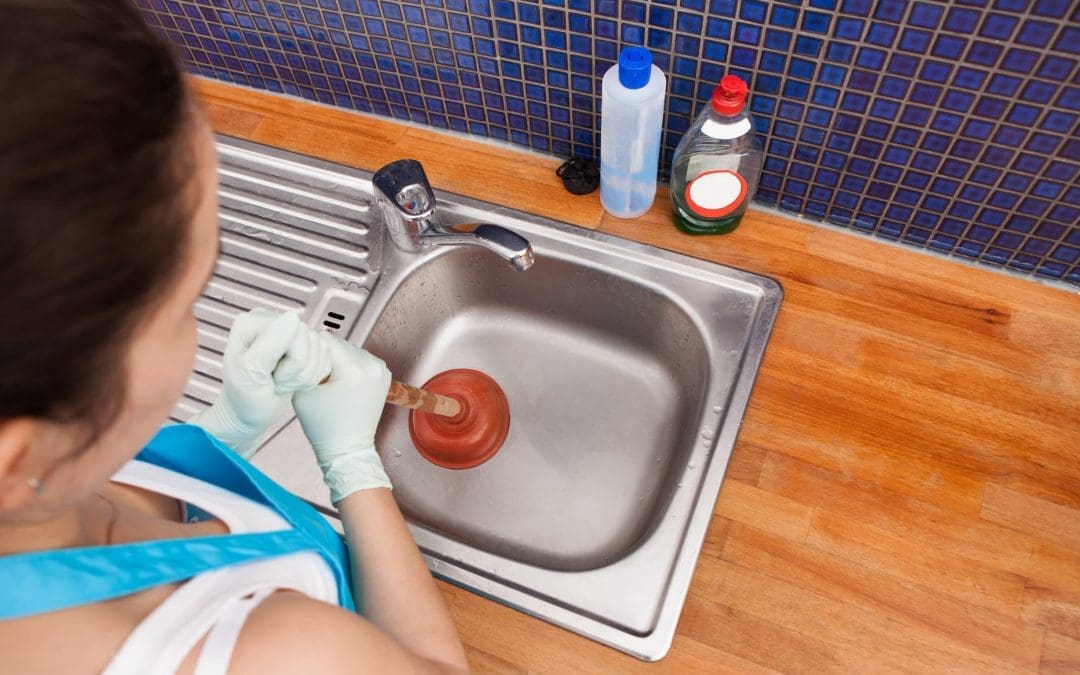 Aside from using a water filtration system, there are other steps you can take to improve the
quality of tap water
in your home. Regularly cleaning and maintaining your
kitchen sink and faucet
can help remove any built-up residue or bacteria that may affect the taste and quality of your water. It is also important to regularly replace the
water filter
in your filtration system to ensure it is working properly.
Aside from using a water filtration system, there are other steps you can take to improve the
quality of tap water
in your home. Regularly cleaning and maintaining your
kitchen sink and faucet
can help remove any built-up residue or bacteria that may affect the taste and quality of your water. It is also important to regularly replace the
water filter
in your filtration system to ensure it is working properly.
In conclusion
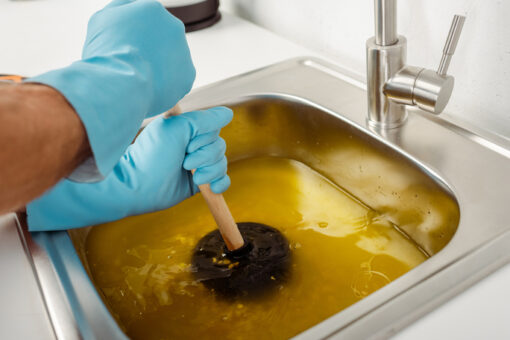 In conclusion,
bottled water
may not always be the best option for clean and safe drinking water. By using a water filtration system and taking proper care of your kitchen sink and faucet, you can ensure the
quality of tap water
in your home. Not only is this a more cost-effective solution, but it also helps reduce plastic waste and is better for the environment. So next time you reach for a bottle of water, consider the benefits of tap water and make the switch for a healthier and more sustainable option.
In conclusion,
bottled water
may not always be the best option for clean and safe drinking water. By using a water filtration system and taking proper care of your kitchen sink and faucet, you can ensure the
quality of tap water
in your home. Not only is this a more cost-effective solution, but it also helps reduce plastic waste and is better for the environment. So next time you reach for a bottle of water, consider the benefits of tap water and make the switch for a healthier and more sustainable option.
